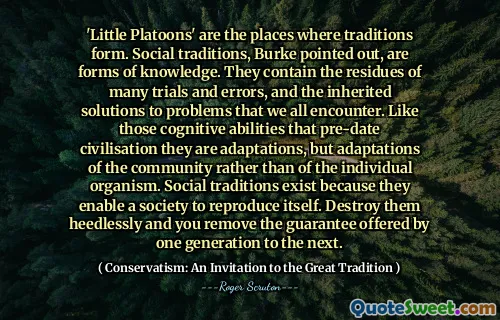Then he said the funny thing was the old man himself had left home when he was a kid, after a fight with his own father. The father lit into him for using the wheelbarrow.It was this way. They always carried the feed to the horses, pail by pail. In the winter, when the horses were in the stalls. So my father took the notion to carry it to them in the wheelbarrow. Naturally it was a lot quicker. But he got beat. For laziness. That was the way they were, you know. Any change of any kind was a bad thing. Efficiency was just laziness, to them. That's the peasant thinking for you.
The story reflects on a man's childhood memory of a conflict with his father over the use of a wheelbarrow. The father's traditional views saw this innovation as a sign of laziness, as the family had always carried feed to the horses by hand. This encounter not only reveals generational tensions but also highlights a resistance to change and efficiency, which were often met with disapproval in his upbringing.
This anecdote illustrates a broader theme of peasant thinking, where the old ways are fiercely upheld and any deviation is seen as a threat. The old man's past mirrors his son's experiences, showing that these entrenched attitudes about work and effort can create a cycle of conflict between progress and tradition.

